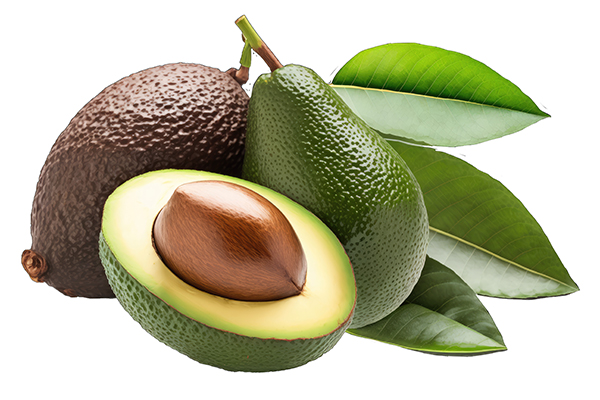
Moreover, the anthocyanin content of figs can aid to maintain healthy blood lipid levels as well as play a role in the prevention of cardiovascular disease, obesity, diabetes, and certain cancers. The leaves and roots of the fig tree also contribute to cardiovascular health, as they contain plant sterols – modified triterpenes in particular – which have been shown to reduce cholesterol levels by inhibiting the absorption of exogenous cholesterol.
Another evidence that the fig support cardiovascular health was provided in a study that looked at the effect of fig fruit consumption of mice fed with a high-fat diet. The researchers of the study supplemented the mice with fig fruit. After eight weeks, the mice showed higher reductions in total cholesterol levels, triglyceride levels, and LDL cholesterol levels, with increased high-density lipoprotein (HDL) levels than the control groups. They identified that rutin in fig fruit was taken part in cholesterol-lowering activities, particularly in excreting cholesterol. The polyphenol content of the fig also played a role in the prevention of cardiovascular health as it suppressed the synthesis of cholesterol.
The fig plant and its other uses
The fig is a flowering plant that belongs to the mulberry family. The fig tree grows between 15 and 30 feet tall and bears a fruit called fig. Its leaves are roughly textured palmate leaves that have three to five lobes each. Its ripe fruit can range from light green to brown or dark purple in color. About 6,500 years ago, fig trees were found in Western Asia and were then brought to the eastern Mediterranean area, where fig trees persistently flourish and grow wild. The fig fruit has a unique, sweet taste and is soft and chewy in texture. It also contains many edible seeds that are slightly crunchy. Since fresh figs are perishable, preserving the fruit is common.
Aside from its cardiovascular health benefits, it is also good for the digestive system. As mentioned earlier, it is rich in fibers. Thus, it can aid in digestion by nourishing and toning the intestines and acting as a natural laxative. Its high fiber content can also be helpful for those who are trying to lose or maintain their weight. Foods rich in fiber make a person feel full and reduce hunger and cravings. Moreover, figs contain prebiotics, which supports pre-existing good bacteria in the gut. In turn, this improves digestive health.
Because it is also a good fruit source of calcium, the fig is beneficial for the bones. Calcium is a mineral that plays a role in bone density. The potassium content of the fig may prevent the urinary excretion of calcium caused by high salt diets, which in turn helps to maintain calcium in bones and lowers osteoporosis risk.
Read more news stories and studies on the health benefits of by going to Fruits.news.
Sources include:
Please contact us for more information.























